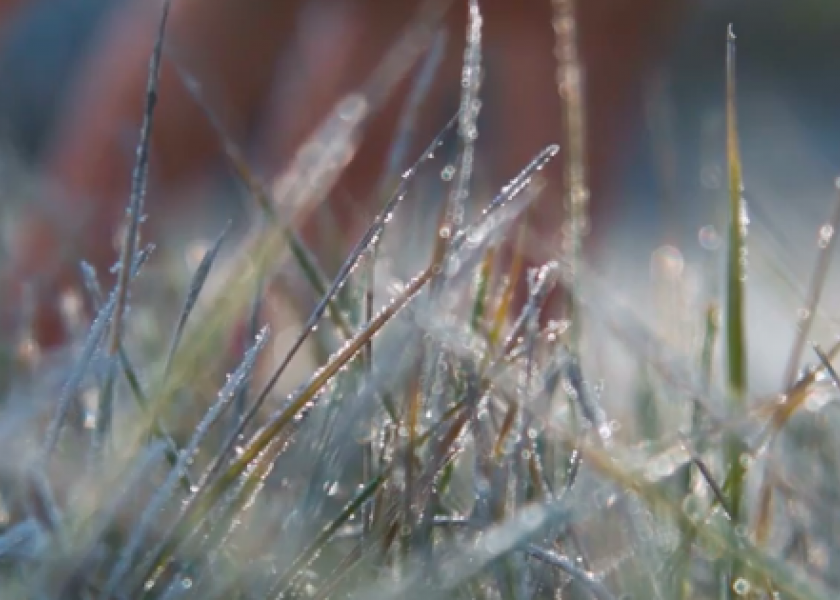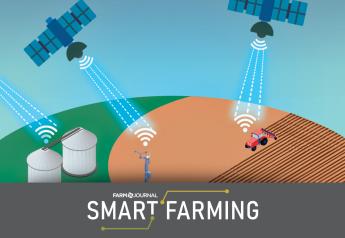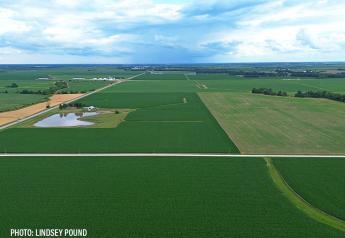Chemical Naturally Boosts Plant Freeze Tolerance

Imagine taking some of the risk out of planting corn or soybeans early—is that something that would make you more likely to try the practice? A researcher at Iowa State University found a chemical that naturally improves plant tolerance to freezing temperatures, while simultaneously boosting antioxidant levels.
“Freeze-thaw stress is one of the major environmental constraints on crop performance and yield,” said Rajeev Arora, Iowa State University plant physiologist and professor of horticulture, in a recent press release. “Plants can be made more freeze tolerant through breeding, but that is a long and laborious process. We found that very small doses of SA [salicylic acid], a treatment that could be quite practical and low cost, makes plants significantly more cold-tolerant, at least for a few days.”
In his research, Arora also found increasing SA levels can improve plants resistance to biotic stresses, such as disease.
SA is an active component in aspirin and was first extracted from the bark of a willow tree in the 18th century, according to Iowa State. In addition to improving stress tolerance, increased SA can increase plant antioxidant levels.
The first experiments used spinach as a test plant. Researchers used two approaches to test the theory—sub-irrigation and foliar application of SA. They simulated frost conditions in the lab and tested the spinach plants at four sub-freezing temperatures to examine seedling reactions over time. At the same time, they tested four concentrations of SA.
“The results varied a bit, but the SA-fed plants were always more freeze-tolerant than the controls,” Arora says. “The SA was taken up by the plant, and it offered protection for at least four days, gradually tapering off.”
No concentration of SA lead to significant detriment, though higher concentrations slightly reduced leaf growth. That impact decreased as plants grew.
Boosting antioxidants
Researchers also found SA-fed leaves had greater concentrations of vitamins C and E, along with some carbohydrates. Arora says this might be linked to SA’s ability to “ramp up” plant protective mechanisms during stress.
Increased antioxidants would also increase nutritional value for animals and humans.
The next step for this research is to move from the lab to the field and study the potential to protect plants from environmental stresses.
Read more weather news:







